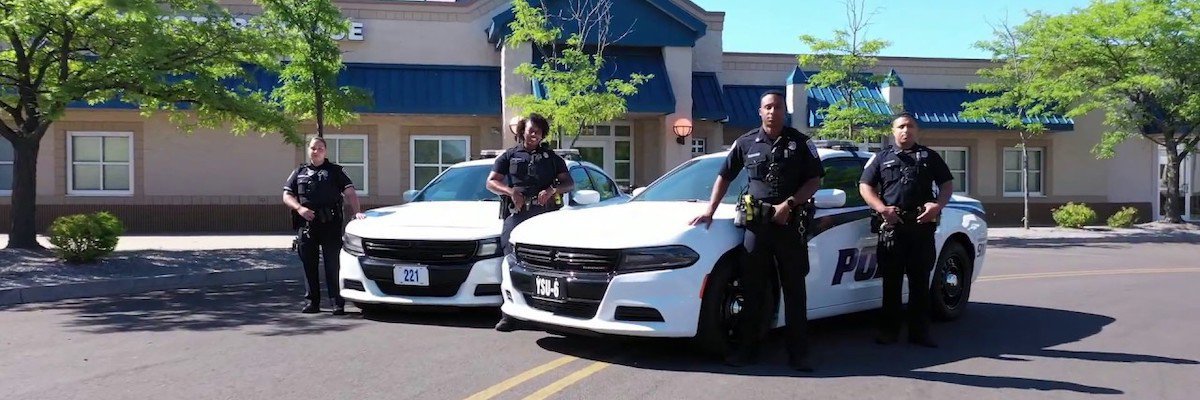Lawmakers in both houses of New York’s legislature voted to repeal Section 50-A of the state’s civil rights law, a move intended to eliminate the barrier between the public and police disciplinary histories. The State Senate voted 40-22 Tuesday in favor of the measure, while the Assembly voted 101-43 in favor of it.
BEFORE THE SENATE: #NYSenate Bill S8496, sponsored by Senator @jamaaltbailey, relates to the disclosure of law enforcement disciplinary records; and to repeal section 50-a of the civil rights law relating thereto:https://t.co/E1ZfJrghy7
— New York Senate (@NYSenate) June 9, 2020
Transparency and police accountability advocates have pushed for years to eliminate 50-a, which prevents the release of police, firefighters, and correctional officers’ personnel records. These files contain individual officer histories, including prior complaints, misconduct reports, and disciplinary records.
And while courts swatted down using 50-a to prevent disclosure of bodycam footage, departments were able to hide how many guns were stolen from the police, as well as basic information commonly released in many other states about police misconduct.

“The essence of good government is transparency and accountability, and our nation is at a crossroads when it comes to police-community relations,” wrote Sen. Jamaal Bailey, the sponsor of the bill. “The repeal of section 50-a will help restore public trust in law enforcement.”
Since the Memorial Day murder of George Floyd in Minneapolis and the ensuing nationwide protests in opposition to police officer misconduct, the call to repeal Section 50-A has gathered momentum and widespread popular interest.
new yorkers ! please support the repeal of 50 A, a new york law that blocks crucial information in the search for law enforcement accountability: https://t.co/hMm9nQPEq7 🖤 #repeal50a @nygovcuomo @andreascousins @carlheastie
— Ariana Grande (@ArianaGrande) June 8, 2020
The legislation will now go to the New York State Assembly. Gov. Andrew Cuomo said last week that he would sign a bill repealing the provision.
The bill is part of a package of police reforms before the New York legislature, including the “Eric Garner Anti-Chokehold Act” to prohibit police use of chokeholds and measures to improve the keeping of court statistics, expand state officer use of body cameras, and create an office to investigate officer-involved fatalities.
“[W]ith these bills codified into law, New Yorkers will be better able to hold their police department accountable for misconduct committed in their communities,” Tina Luongo, Attorney-in-Charge of the Criminal Defense Practice at The Legal Aid Society, wrote in a statement Tuesday afternoon, adding, “[W]e must acknowledge that this moment is wholly the result of communities of color - those who have long shouldered abuse from the police - rising up and demanding change.”
Image via Wikimedia Commons and is licensed under CC BY-SA 2.0




